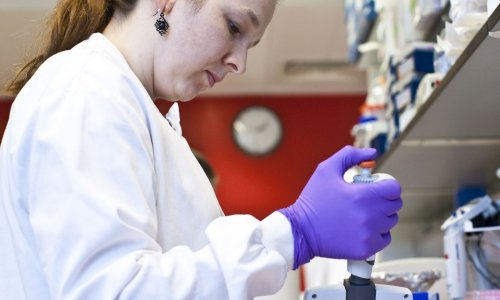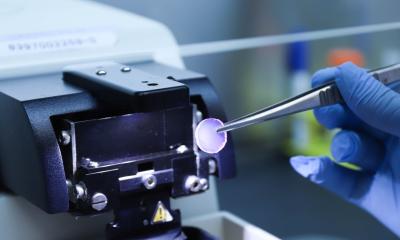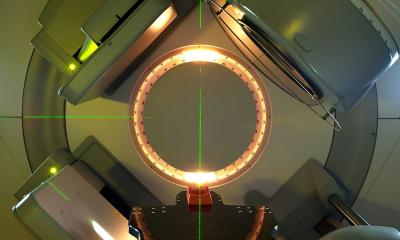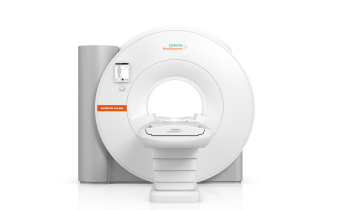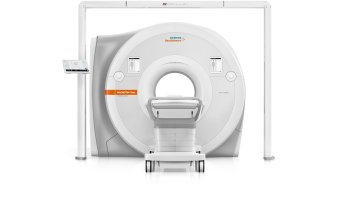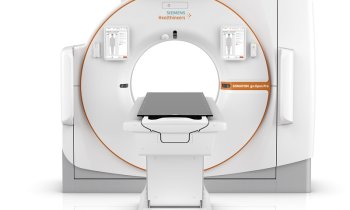Brexit
Oncologists join the UK EU referendum debate
Leading oncologists from across Europe and the UK have joined the debate over the British referendum on whether to leave the EU, adding their support to the campaign to remain in the European Union.
Report: Mark Nicholls
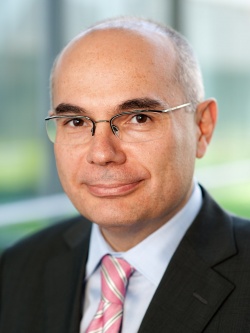
As British voters prepare go to the polls on June 23 to decide whether to remain as part of the European Union or leave, the message from cancer specialists is clear: Remaining in the EU is vital to maintaining the UK’s global strength in cancer research and care.
Writing in the May issue of The Lancet Oncology, cancer specialists have aligned themselves with other scientists and clinicians and expressed support for staying in, suggesting that to leave would harm the UK’s position and place in the global fight against cancer.
The UK-based authors, led by Professor Peter Selby, Professor of Cancer Medicine at the University of Leeds, President of the Association of Cancer Physicians, and President of the European Cancer Concord, are Professor Mark Lawler, Chair in Translational Cancer Genomics, Queen’s University Belfast and Vice-President of the European Cancer Concord; Ian Banks, Chair of the European Cancer Organisation Patient Advisory Committee & Vice-President of the European Cancer Concord; Professor Patrick Johnston, Professor of Oncology and Vice-Chancellor of Queens University Belfast; and Professor Sir Paul Nurse, Director of the Francis Crick Institute.
In the article, they outline their view on “what’s best for UK cancer research and patients” and highlight how the UK contributes substantially to EU cancer research funding, strengthening the research area as a whole, and benefits through research grants and by being involved in important multinational collaborations.
Suggesting that a British exit (Brexit) could precipitate a sustained period of financial uncertainty, they write: “We believe that a continued strong collaboration and shared work and funding in cancer research with EU partners, together with sharing best practice in cancer care, is vital to maintain the UK’s role in cancer research and improve UK cancer services.This alliance will be most effectively delivered by remaining in the EU and robustly supporting research and patient-focused legislation. We must continue to influence and share European policy in important domains such as clinical trials, data sharing, and clinical best practice, and deliver the highest quality cancer research that underpins improved cancer care for our patients. It is for these reasons that we oppose the UK leaving the EU.”
Offering a European perspective on the UK Brexit vote is Dr Josep Tabernero, Director of the Vall d’Hebron Institute of Oncology in Barcelona and President-elect of the European Society for Medical Oncology (ESMO), with Professor Fortunato Ciardiello, Professor of Medical Oncology at the Second University of Naples and ESMO President. They write: “The flexing of muscles in Brussels is shaking important, formerly rock-solid, foundations. With a British departure, both sides would be missing powerful and irreplaceable influencers in our unified ambitions aimed at conquering cancer. As investors may lose their confidence in a united Europe, powerful infrastructures could also crumble. Research partnerships spurred through EU investments could weaken, or even disappear. Post-exit uncertainty would inevitably affect European oncology research and care and would necessitate a lengthy period of adaptation as we grapple with the aftermath. Formal establishment of national borders does not make for good cancer science, treatment, or care. To get the best out of Europe, we all need to be in it and not isolated from it.”
The authors do also point to examples of the EU’s negative impact on cancer research, such as the European Clinical Trials Directive which led to increased bureaucracy and costs for running clinical trials, but maintain that EU-wide cooperation is essential to develop and protect the UK’s prominent role in cancer research and care.
In an accompanying editorial, the editors of The Lancet Oncology state that “almost all scientific researchers and clinicians who have spoken out in this debate have expressed their preference to remain in the EU, citing the need to maintain the position of strength that the UK currently occupies. To rock this solid foundation would undermine the provision of care to all patients with cancer - not just for those patients currently in multi-country clinical trials, or under the care of an EU specialist - and would weaken vital research that could save lives in the future.”
PROFILES:
Professor Peter Selby is a consultant physician and Professor of Cancer Medicine in Leeds and President of the Association of Cancer Physicians and the European Cancer Concord. His clinical interests cover a range of cancer treatments and sites, most recently urological and cancers of teenagers and young adults. His research programmes are both clinical and laboratory work in biomarker discovery and evaluation and a translational lab programme on novel viral-cDNA library vaccines for biological therapy.
Dr Josep Tabernero is currently the Head of the Medical Oncology Department at the Vall d’Hebron University Hospital in Barcelona and the Director of the Vall d’Hebron Institute of Oncology. He is actively involved in translational research and pharmacodynamic phase I studies with molecular targeted therapies and related translational research. Dr Tabernero is President-Elect of the European Society for Medical Oncology and will serve as President (2018-19).
27.06.2016



